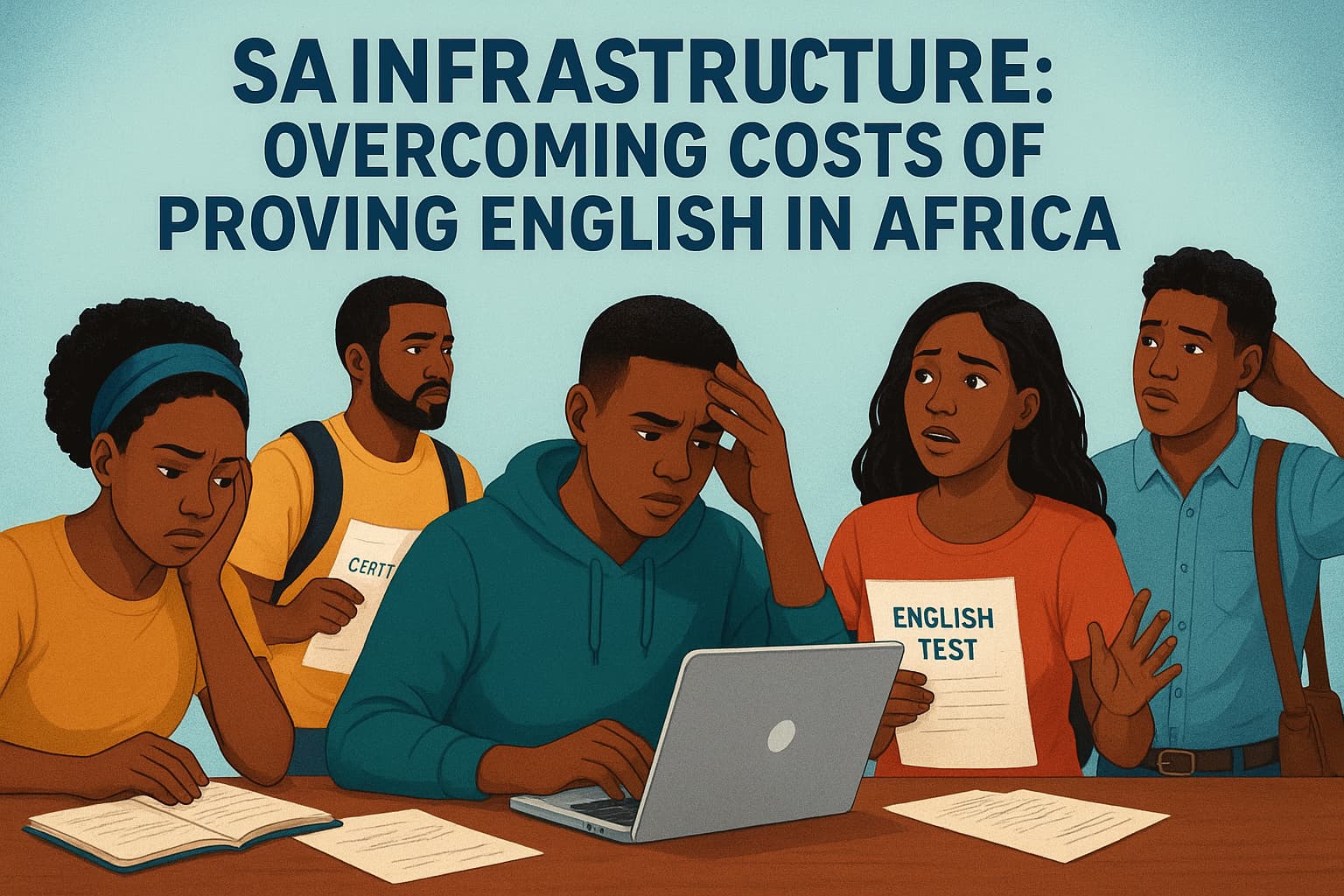Pretoria – August 1, 2025. In a solemn ceremony at the Union Buildings, Professor Firoz Cachalia officially assumed the role of Minister of Police, stepping in following the suspension of his predecessor amid serious allegations of corruption and interference in policing operations.
The appointment of Cachalia came after President Cyril Ramaphosa placed former Police Minister Senzo Mchunu on leave of absence on July 13, 2025, pending the outcome of a judicial commission of inquiry into accusations linking Mchunu to law enforcement collusion with criminal syndicates and disruption of sensitive investigations.
Background and Appointment Process
A veteran of anti‑apartheid activism turned legal scholar and public servant, Firoz Cachalia brings decades of experience to the role. Born in Benoni in 1958, he participated in student activism at Wits University, endured repeated banning orders under apartheid, and represented the Transvaal Indian Congress during constitutional negotiations in the 1990s.
His political career includes service as Speaker of the Gauteng Provincial Legislature (1999–2004), followed by roles as MEC for Community Safety and Economic Development (2004–2010). He later became a respected law professor at Wits and chaired the National Anti-Corruption Advisory Council from 2022.
In a constitutional move, President Ramaphosa invoked Section 91(3)(c) of the 1996 Constitution to appoint Cachalia as minister despite him not being a sitting Member of Parliament. He is notably the first Cabinet minister under Ramaphosa to be appointed from outside Parliament.
The Swearing‑In Ceremony
The oath of office was administered by Acting Judge President Aubrey Ledwaba on August 1, 2025. Cachalia pledged to uphold the Constitution, maintain confidentiality where required, and lead with honour and dignity as a faithful guardian of his office.
President Ramaphosa, accompanied by senior officials including the Director‑General of the Presidency, Phindile Baleni, extended congratulations to the new minister and expressed confidence in his capacity to steer the ministry through turbulent times.
Mandate and Immediate Priorities
Cachalia enters office during a crisis of credibility in the South African Police Service (SAPS). Lt‑Gen Nhlanhla Mkhwanazi, the KwaZulu‑Natal Police Commissioner, had publicly accused the prior minister and senior officers of dismantling a task force probing political killings and obstructing investigations into organized crime networks.
To restore trust, the Presidency has established a judicial commission of inquiry, headed by Acting Deputy Chief Justice Mbuyiseli Madlanga. The commission is mandated to investigate allegations of interference, collusion, and the role of senior officials or politicians in enabling syndicates within national institutions.
Cachalia has pledged to stabilise law enforcement institutions, strengthen crime intelligence capabilities, and uphold clear separation between politics and policing.
Philosophy and Leadership Approach
In early statements to media, the new minister emphasised professionalism over rhetoric. He firmly rejected calls for “shoot‑to‑kill” policing tactics and argued that crime reduction depends on competent, intelligence‑led investigations rather than dramatic slogans.
Cachalia has framed his mandate as public service rather than political ambition, stating that his focus remains on restoring credibility and accountability, not personal gain. He vowed to act without fear or favour, while respecting the President’s guidance as a Cabinet member.
Anti‑Corruption Agenda and Reform
As chairperson of the National Anti‑Corruption Advisory Council, Cachalia oversaw the preparation of a comprehensive report highlighting systemic failures within SAPS and Crime Intelligence. The council recommended urgent reforms to enhance coordination with prosecution agencies, integrity vetting of leadership, and improved whistleblower protection mechanisms.
He signalled that now, as minister, he is in a better position to implement the council’s recommendations. He intends to convene meetings between the Council, police leadership, and the Justice Ministry to progress key anti‑corruption reforms across portfolios.
Political and Legal Challenges Ahead
While the government heralds Cachalia’s appointment as a decisive step, opponents have raised constitutional concerns. Some specialists argue the Constitution may not explicitly allow appointment of an “acting” minister from outside Parliament, raising potential issues around executive overreach unless the arrangement is clarified or formalised soon.
President Ramaphosa acknowledged these technical complexities and noted that the commission is expected to complete its work within three months. He committed to resolving potential legal ambiguities and ensuring leadership continuity in the ministry.
Outlook and Public Expectations
South Africans face mounting impatience with violent crime, corruption, and a policing system under siege. Cachalia’s arrival is viewed as both symbolic and practical—a move designed to stabilise the ministry and begin restoring trust in SAPS and allied agencies.
His focus on integrity, institutional reform, and anti‑corruption coordination has been welcomed by many observers. Yet the success of his tenure will depend on his ability to navigate political pressures, deliver on reforms without delay, and ensure that the judicial inquiry yields meaningful accountability.
Conclusion
Professor Firoz Cachalia’s elevation to Minister of Police marks a pivotal moment for South African law enforcement. He steps into office at a time of crisis, armed with legal acumen, academic credibility, and a reform-driven mandate.
With the national commission of inquiry underway, the public and political stakeholders alike will be watching closely. If Cachalia can translate his anti-corruption vision into tangible action—strengthening intelligence, reforming leadership, and implementing institutional safeguards—he may help restore the integrity of policing in South Africa and rebuild public confidence in state accountability.
Ultimately, his leadership could define whether the country advances beyond scandal and systemic mistrust toward a more transparent, effective, and trusted criminal justice system.
For more news: https://africaheritagevoice.com/
External Links: https://www.sanews.gov.za/south-africa/professor-firoz-cachalia-sworn-minister-police




